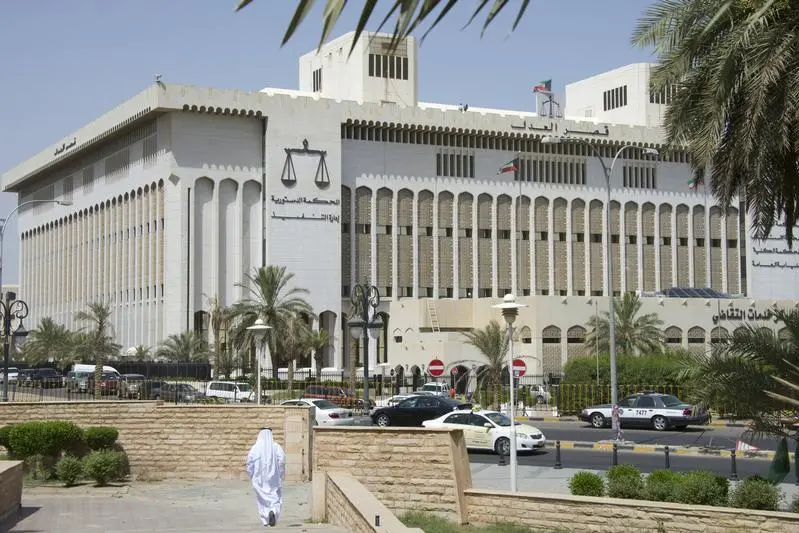PHOTO
MPs cautiously welcome ruling, demand scrapping hike
KUWAIT: The administrative court yesterday said the Cabinet decision to increase petrol prices is illegal, since it was issued in violation of the law, but it rejected a request to suspend the increase immediately. Judge Jassem Al-Rashed said the decision was issued by the Cabinet based on a recommendation by a Cabinet committee that reviewed subsidies and prices of public services. However it was implemented without getting the approval of the Supreme Petroleum Council (SPC), the highest oil decision-making body headed by the prime minister, the court said.
This violated a law issued in 1980 establishing Kuwait Petroleum Corporation that states that decisions like this should be approved the SPC and issued in an Amiri decree, the court insisted. Based on this understanding, the court ordered the government to scrap the petrol hike decision issued in August, which came into effect on Sept 1.
The ruling was based on a petition filed by lawyer and former MP Nawaf Al-Fuzai and backed by a number of lawyers and citizens, who said that hiking petrol prices harmed the citizens and residents of Kuwait. But the court rejected another request by them to immediately suspend the increase until the appeals court has issued its verdict in the case. It said that there was no immediate need to suspend the hike decision.
The case will now go to the court of appeals and later to the court of cassation, whose decisions are final. If the appeals court confirms the lower court ruling, them the price hike will be suspended immediately. It was not immediately known what the government will do to rectify the procedural flaw in anticipation of the appeals court’s decision. But the surprising court ruling could stop, though temporarily, any actions planned by the lawmakers against the price increase, because the issue is now being looked by courts.
Commenting on the ruling, MP Saleh Ashour said he does not believe that the court is really competent to abolish a decision by the government, like the petrol price hike. He said there is no way out of the problem except to convene a National Assembly emergency session to take a clear decision against the increase without any delay. The lawmaker insisted that there is no justification not to hold the emergency session, since all the constitutional requirements are available.
Ashour said that the petrol price increase has affected the majority of the people and that the session should be held in public so the Kuwaiti people should know the details. He said this is better than holding an informal meeting, which is not open to the people. Speaker Marzouq Al-Ghanem said on Tuesday that he agreed with lawmakers to invite the government to a meeting next week to discuss the petrol price issue. He said the meeting will replace the emergency session.
MP Faisal Al-Duwaisan welcomed the court’s verdict, saying that the ruling is evidence of the government’s lack of planning. He also urged the government not to rush decisions. MP Sultan Al-Shemmari warned that the government will be faced with a “tsunami of grillings” if it does not withdraw the petrol price hike in response to parliamentary and popular demands. He said he will not accept that the government plugs the budget deficit at the expense of citizens.
The petrol price hike, ranging from about 40 to 80 percent depending on the type, met stiff opposition from lawmakers and activists when introduced following a slide in oil revenues. It was the first such increase since 1998. MPs want the government to compensate Kuwaiti citizens who comprise around 30 percent of the 4.3 million population, which also includes about three million foreigners. The Cabinet has said the decision is part of a series of measures to meet a budget deficit due to a sharp drop in oil revenues, which previously made up around 95 percent of the country’s total income.
Kuwait liberalized the prices of diesel and kerosene in Jan 2015, and revises them monthly. Other oil-rich Gulf states had already raised fuel and electricity prices. In April, the parliament approved a government-sponsored bill to raise electricity and water prices paid by foreign residents and businesses, but exempted Kuwaiti citizens. The OPEC member recorded a budget shortfall of KD 4.6 billion ($15.3 billion) in the fiscal year which ended on March 31. It was the first shortfall since the fiscal year to March 1999.
© Kuwait Times 2016





















